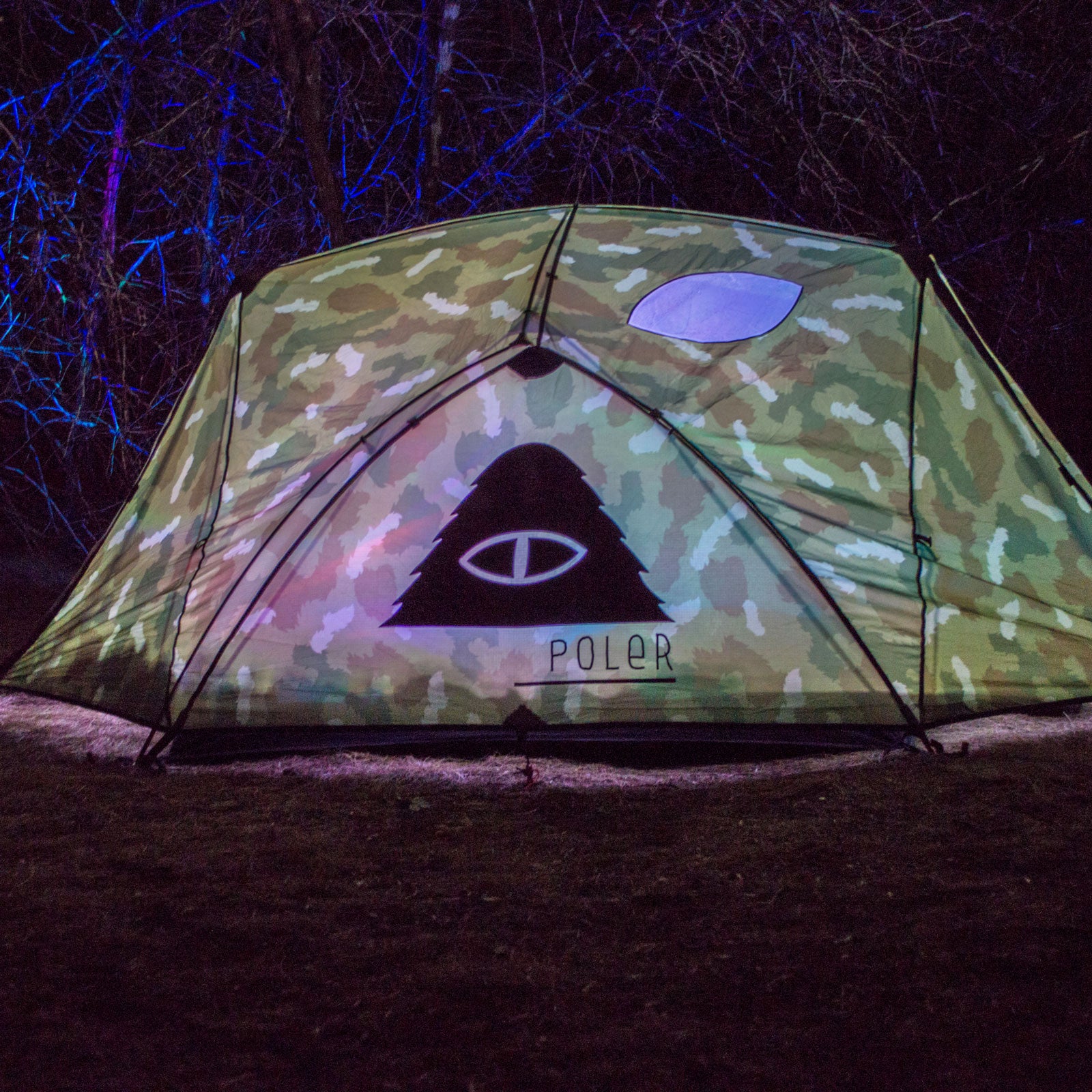Hipster-favorite╠řgear brand Poler╠řis no more. The maker of camping equipment and apparel for Chapter 7 bankruptcy.
Founded in 2011, the Portland, Oregon, company built its brand on a laid-back approach to╠řcamping. Promoting what it called╠řcamp vibes,╠řthe company preached a fun, fashion-focused, highly Instagrammable version of the outdoors╠řlifestyle, where hanging outÔÇönot summiting a peak or rafting Class IV rapidsÔÇöwas the main goal.
Its line of ÔÇťstuffÔÇŁÔÇöas Poler informally referred to its gearÔÇöreflected this mantra: roomy╠řmesh-walled tents, utilitarian puffy coats, and the Napsack, a wearable sleeping bag with arm holes and a hood. All of it came in vibrant prints and with affordable price tags, and it grew popular╠řamong young, less hardcore outdoorspeople.
Benji Wagner, cofounder and creative director, would not comment on the details of what led to the bankruptcy filing. But, ,╠řthe docket shows that revenue fell from $7.2 million in 2017 to $3.4 million for January through November 2018, and that owners attempted to sell the company at some point in 2018.
The bankruptcy paperwork was filed on November 30, but╠ř, PolerÔÇÖs Portland headquarters shuttered earlier, on September 30.
According to Brian Audette, a bankruptcy lawyer at the firm Perkins Coie, PolerÔÇÖs downfall is part of a negative╠řtrend in retail over the past yearÔÇöone he thinks will extend into 2019. ÔÇťI suspect that the outdoor retail industry is suffering the same fate as many other industries that are brick-and-mortar based,ÔÇŁ he says. The Chapter 7 filing means all of the companyÔÇÖs assetsÔÇöpatents, trademarks, and remaining inventoryÔÇöwill be liquidated to pay off its $2.3 million in liabilities╠ř(as opposed to Chapter 11 filing, which allows companies to restructure, pay off debts, and then return to business as usual).
The is now a plain page with a logo and brief message: ÔÇťWeÔÇÖve sold out of Poler stuff for 2018. See you down the road for more camp vibes and high fives in 2019.ÔÇŁ
Audette says we probably╠řwonÔÇÖt be seeing Poler gear reemerge any time soon. ÔÇťSomebody could buy the trademark and name,ÔÇŁ he says. ÔÇťItÔÇÖs possible, but unlikely.ÔÇŁ


